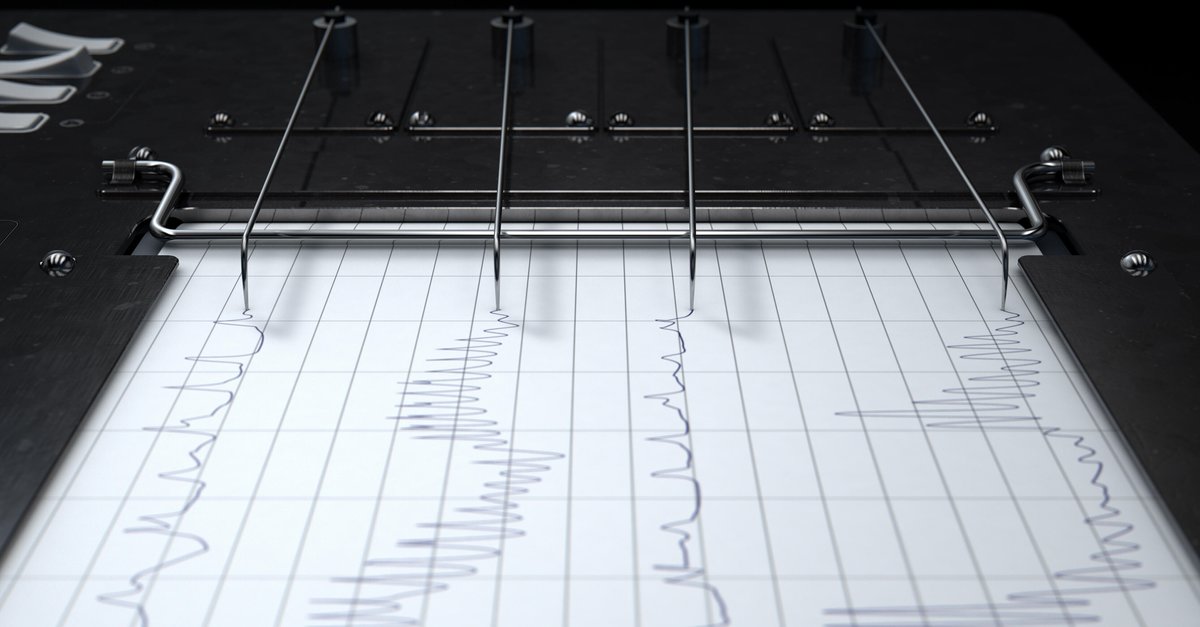This start-up wants to promote the recycling of rare raw materials
In the coming decades, the change in the energy sector will continue to advance. If everything goes well, we will say goodbye to coal in 10 years, but until then we will need more capacity for wind and hydropower as well as solar systems. Energy storage will then also become more and more relevant, after all, for example, the sun does not always shine.
Recycling is becoming increasingly important to ensure that sufficient raw materials are available for the energy transition. This has to do with the fact that, on the one hand, these are not available indefinitely, but also that not every country has rich deposits of raw materials. One company that wants to advance the recycling of such materials is Nth Cycle.
The focus is currently still on batteries, where as many critical metals as possible should be extracted and reused. Great progress has been made in the last 12 months, the required technology has been scaled by a factor of 100. The direct cooperation with mining companies that extract the raw materials from the earth is also helpful here.
Nth Cycle takes a different approach than the competition. Up until now, recycling has been done either with heat generated by dirty furnaces or with acids and solvents, which in turn result in toxic waste. One reason is that most of these methods are more than 50 years old.
Nth Cycle builds its own recycling method on sustainable electricity. By applying voltage, important metals are extracted from e-waste and waste products, simply put, this way the raw material can be reused infinitely. Initial calculations assume that Nth Cycle could save around 3.9 gigatons of emissions by 2050.
So far, the company has focused primarily on the American market, but the technology should be modular and easily scalable. This would also make it possible to use it in other countries in the future, for example the development of new raw material deposits in Africa. Then, in addition to the production of new raw materials, old material could be reused at the same time.
Via Electrek


